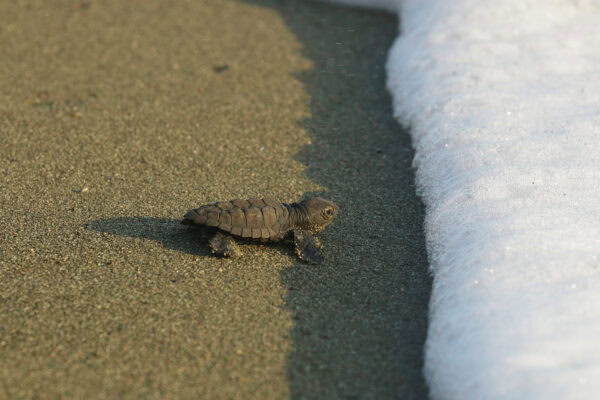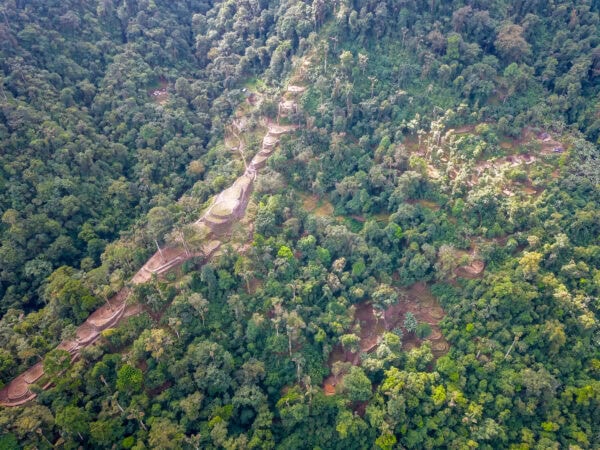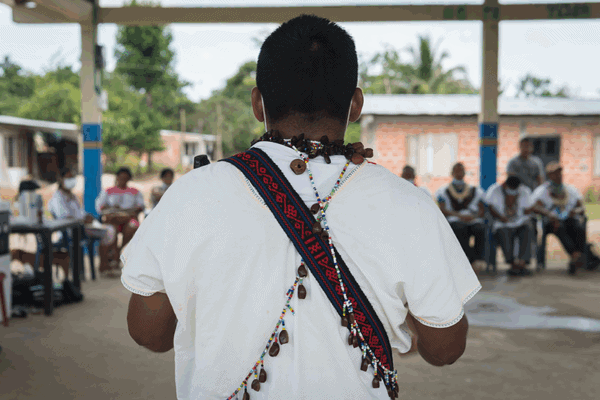How the global pandemic is impacting our indigenous partner communities – a conversation with ACT’s Rayan Madhar on traditional knowledge in Suriname during COVID-19.
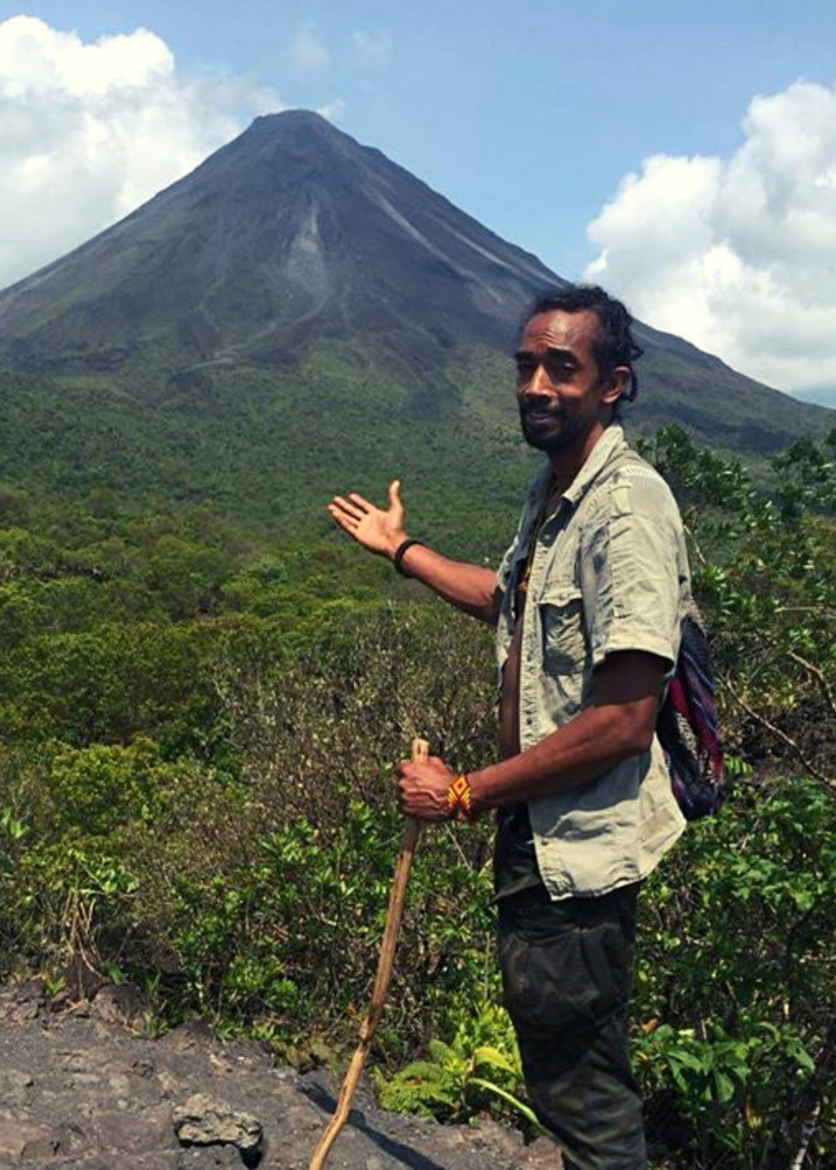
Since our inception, The Amazon Conservation Team (ACT) has partnered with the peoples of northeastern Amazonia to strengthen and perpetuate indigenous knowledge systems, specifically related to medicinal plants and traditional healthcare practices. Without a vaccine for COVID-19 in the near future, and robust medical facilities few and far between in the remote regions of Suriname, the traditional medicine clinics we support have taken on increased importance. To learn more about how ACT’s indigenous partner communities are adapting during the crisis and utilizing preventative plant medicine, we arranged a video call with our colleague Rayan Madhar from the ACT-Suriname office in Paramaribo. He is the main point of contact for ACT’s traditional knowledge systems initiatives in Suriname. He helps coordinate work for the traditional clinics, our shaman’s apprentice program, and the southeastern watershed program. Here are Rayan’s comments last week regarding how our community partners are faring and adapting to the crisis.
How are the indigenous communities we partner with in Suriname, such as Apetina, being affected by COVID-19?
Rayan: “The communities in the south of the country have been struck hard in the sense that interactions with the outside have been limited. The people don’t have the opportunities to acquire things they are accustomed to, such as fishing, hunting, and household supplies. When COVID-19 broke out, traditional leaders gave the command to the villagers that they were not allowed to leave and that outsiders were not allowed to enter. In the community of Apetina, the people have some room to move and can go downstream before they reach a village called Dritabiki. But that is as far as they are allowed to go. They cannot go further to the French Guiana border because the situation is very alarming in that area. Recently, the Medical Mission that has been deployed in the interior of the country started testing for COVID-19 in Apetina. There have been some rumors that there are individuals in Apetina that might have the novel coronavirus.”
A few days after our conversation, we received confirmation from our ACT-Suriname office that over 30 individuals in Apetina tested positive for COVID-19. Using plant medicines, the traditional medicine clinic has been treating the symptoms of these individuals, such as coughing, fever, and headache, to good success. However, the potential for further community spread is a major threat. Even more alarming is that approximately 80% of the community of Kawemhakan is estimated to be infected. At this time, it is speculated that these infections were brought over from French Guiana. Transmission of COVID-19 is of great concern in this region because should emergency or ICU services be needed, the infrastructure is lacking in the remote tropical rainforest. Worse, the mortality rate among indigenous peoples in countries located in Amazonia is significantly higher than in the general population. The death of indigenous leaders, the loss of invaluable cultural knowledge with the passing of elders, and the spread to areas neighboring indigenous peoples in voluntary isolation has devastated Amazonia and worries the global community.
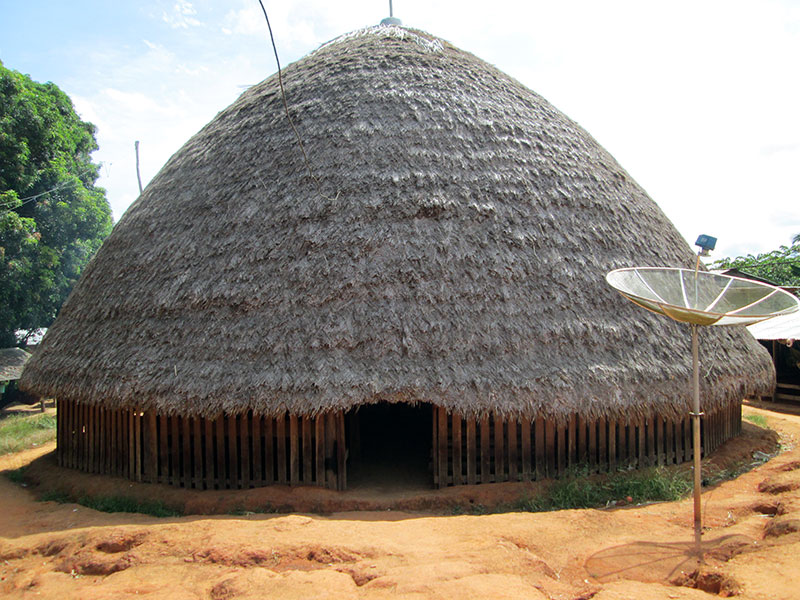
When was the last time you were able to visit our indigenous partner communities physically? And how are you keeping in touch, since a physical presence isn’t possible at this time?
Rayan: “This year, I was able to visit the indigenous community of Tepu to support a research team that was doing an assessment on a potential sustainable livelihood project. However, we could not finish the project because of the COVID-19 crisis, and the research team was very anxious to get home to the United States. Also, in the beginning of the year, Roché—my colleague who is in charge of ACT-Suriname’s southwest watershed program—and I were able to go to the community of Kwamalasamutu. However, since the crisis, we have not been able to travel to the field. Luckily, we have mobile coverage. And the field stations have working internet, so we can also communicate with WhatsApp and share media with each other, that’s another big advantage. However, not all the stations have coverage, so we also communicate by radio.
We are also very thankful for team members like Maaike Jaachpi. She is indigenous herself, so she can communicate in the native Trio language. She is our ambassador. She is truly a star here. Maaike has been doing very great work during the COVID-19 crisis by communicating with key persons in the community.”
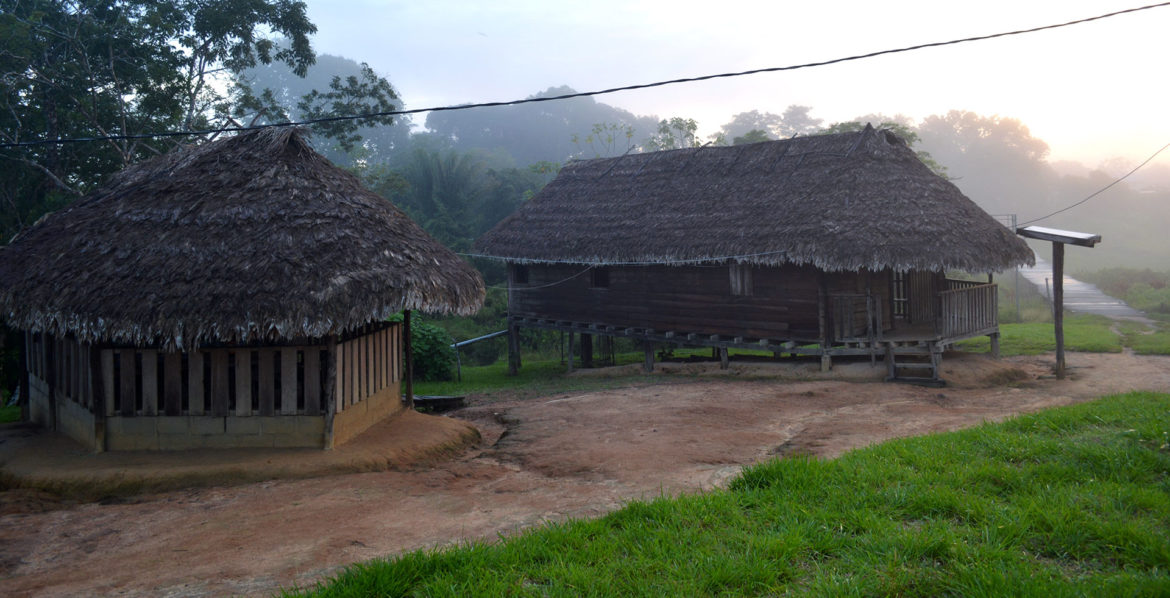
What are the most pressing needs for indigenous communities we partner with during the COVID-19 crisis in Suriname?
Rayan: “Aside from the imminent threat of infection for communities in the region, food security is something of an issue. People do have their agricultural plots, but right now we are in the rainy season, and there have been heavy rains in the south with rivers flooding areas that don’t regularly flood. Those areas sometimes include agricultural plots where people have lost a lot of their crops. ACT has been supporting these communities with food packages. But it is still hard for these communities.”
Can you tell me more about the increased production of plant medicines at the traditional medicine clinics in some of our indigenous partner communities?
Rayan: “Different indigenous communities have been making the same immunostimulant tonic. It is called wataki. Wataki is something many different indigenous communities have been preparing. Even in villages where they don’t have a formal traditional clinic, they have been preparing and drinking it to boost their immune system during this time. We haven’t had the chance to independently validate the immunostimulant properties of the tonic yet. However, we haven’t had any notifications of anyone being extremely ill or of any fatalities related to COVID-19 in the indigenous community of Kwamalasamutu, where we know people have been taking wataki. Though we cannot confirm that wataki has any added value yet, it is an important way in which the community has responded and adapted to the situation with what they know. Villagers who are in the city have also been able to get their wataki supply from the villages as a preventative measure.
It was only last year that the government showed interest in developing the sector of traditional medicine. We really need the government to take a lead position here. We need the government to structure this sector and protect the traditional knowledge and intellectual property of their indigenous citizens.”
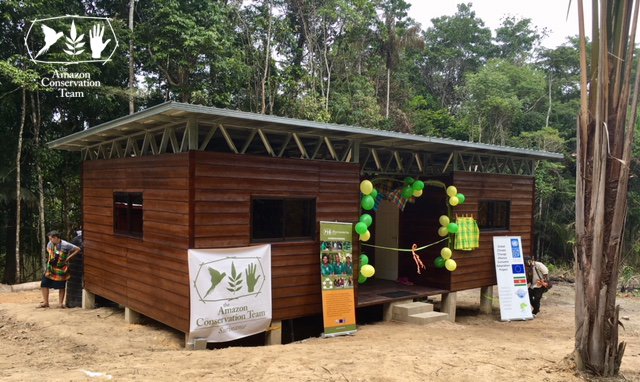
For people who aren’t familiar with the Amazon region, why would you say it is important to support and protect indigenous forest communities right now in the face of COVID-19?
Rayan: “First of all, the indigenous communities in Suriname are very remote. It is very intensive to travel by land. You are going to be travelling a couple of days to reach those villages. It is more convenient to travel by plane, but it is very expensive to travel to Paramaribo, the capital city, for example. And it is important to protect these communities, because in the past they have been introduced to foreign illnesses which have been detrimental to these communities, and even the Medical Mission doesn’t have all the tools and the means to provide sufficient healthcare if a big outbreak were to happen in these communities. So, it is very important to protect them. I am very glad that the Surinamese government limited the flights and the transportation to and from these village. They have been more or less isolated with the aim of not getting them exposed to this illness.
But it is a hard thing to do. There were some infections in the village of Sipaliwini, one of our partner communities, because there were people who came over from the Brazilian border. Thankfully everyone recovered. But in the southeast, you still have illegal goldminers that come from Brazil and they can expose the locals to COVID-19. These people really need to be protected, because if something happens, the elders are an especially vulnerable group and they are a very big part of the traditional knowledge that could be lost. Perhaps through our Shaman’s Apprentice and Oral History program, they can continue to record their traditional knowledge.
I think if we work together, we can win this. Maybe indigenous plant knowledge after all has the answer for COVID-19. We don’t know. But it would be a shame if we were to let this traditional knowledge be lost, because it would also be a loss for humanity.”
Before our conversation concluded, an ACT-US colleague asked us to say hello to Rayan in the Saamaka language:
“Fawaka bala, u weki noh?”
(“Good morning! How are you man?”)
To which Rayan chuckled and responded:
“Oe weki, oe weki, oe wekiooooo mbaa. Oe de ja, we hori tranga, en so unsrefi’m hori tranga.”
(“We are persevering here. Hold tight, hold strong. That is the literal meaning. But it means to persevere.”)
Hold tight, hold strong, and persevere: certainly the right thoughts for this very challenging moment. We are grateful to Rayan for his time, his work, and his inspiration, and for bringing attention to the vulnerability of the indigenous communities of the rainforest interior.
To learn more about how ACT is responding to the COVID-19 crisis in the Amazon, visit our latest update.
Share this post
Bring awareness to our projects and mission by sharing this post with your friends.


